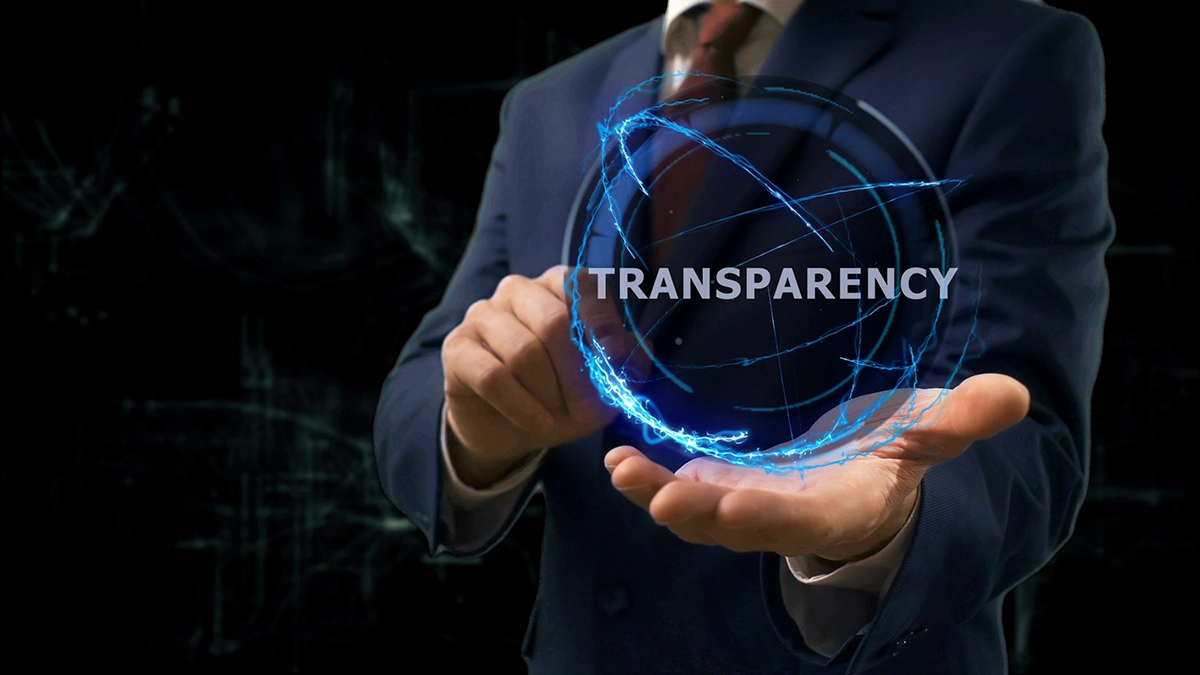Every day—all day, it seems—we make decisions. Many are minor and made almost automatically. Some are far more important. And a select few may be crucial to the outcomes that occur in our lives.
So wouldn’t it be nice if we could take steps that might help us consistently make better decisions?
Of course, “a good” or “the right” decision may depend on the circumstances. Are you trying to make a decision as fast as possible with the main goal of moving forward? Or are you more focused on ensuring your choice today leads to an optimal long-term result? Consider these seven strategies and ideas to use when assessing situations and considering what to do next.
1. Really think about what you want.
What are you truly seeking to achieve or accomplish? Only by getting clear on that can you make a wise decision. That sounds painfully obvious, of course, but too often we make choices based on our reactions to what currently is instead of what could be and what we want there to be. Yes, decisions sometimes must be made around what’s going on at the moment—but when possible, think about the outcomes you most desire going into the process.
That means, in part, setting aside time to think about the goal and how various possibilities may push you either toward it or away from it. Depending on the complexity of the situation, this might take ten minutes—or it might require many hours over several weeks.
2. Define the decision.
Also get clear on the implications of the choice you’re making. A new career, for example, may hold the promise of a higher income—but it could also impact your commute, how often you travel and your availability to your family. This is where a traditional pros and cons list (or matrix) can potentially help you see the situation you’re considering at both a very high level and an extremely granular level. Weigh your options in the context of what’s most important to you.
3. Consider which decision-making technique to use.
Exploitation decision-making involves choosing options that are already familiar and comfortable on some level. Exploration decision-making means seeking out and choosing unfamiliar routes. Both methods can be useful and “the right” approach, depending on the situation. For example, exploitative decision-making often can be effective in low-stakes scenarios, where the potential risks and rewards are both well known and not particularly impactful. Exploration decision-making can work well when there’s enough time and flexibility (financially, managerially) to test out novel ideas with bigger (or perhaps more uncertain) risks and rewards.
Four More Strategies For Decision-Making Success
4. Keep fear in check.
As humans, we’re naturally loss-averse—so it’s easy to feel stressed when there’s a decision you need to make. It’s common for some to experience catastrophic thinking, in which they imagine the worst possible outcomes if they should make the “wrong” decision. It’s essentially scenario thinking taken to the extreme. In such instances, remind yourself that while the worst imaginable result could occur, the likelihood of it happening is probably very low, and that you’re essentially “telling yourself a story” that is very unlikely to play out. Basic mindfulness training and breathing techniques can help you stay calmer when stress wants to short-circuit your brain.
5. Give your gut a seat at the table.
Clearly, logic—goal-setting, pros and cons lists, etc.—is vital to wise decision-making. But the most successful people, in our experience, don’t stop with the cold, hard facts: They also bring their intuition into the mix. And indeed, research suggests they’re onto something. Several well-known studies show that people who suffered damage in the part of the brain that handles logic were still able to make sound decisions. But in stark contrast, people with damage to the area of the brain that regulates emotions found it difficult to impossible to make decisions.
The upshot: The idea that a decision may be good or bad based on a “gut feeling” has some merit. Our intuition may be better at spotting the decisions that will take us in the direction we really want to go—while logic may be better at pulling us toward what other people (parents, peers, etc.) think we should do, or what we believe those outside forces expect from us.
6. Don’t ignore your values.
It can be easier to make tough choices when you examine them through any strong values by which you aim to live your life. Taking a job that will make you wealthy but requires you to devote nearly all your time to it might be the right decision if you value money and status, but it might be the wrong option if family and community are at the top of your list of values.
7. Gather other viewpoints carefully.
Getting other people’s opinions and insights can help you arrive at a better decision—but the devil is in the details. For example, in a business environment, seeking broad consensus and across-the-board agreement from everyone can quickly result in a decision that promotes lukewarm, lowest-common-denominator results that no one around you is particularly thrilled with. A potentially better approach is to consult with the people who can contribute the most meaningful ideas. Often, those people aren’t your immediate peers—they’re the “in the trenches” employees who do the work.
Conclusion
Strong decision-making skills don’t stop there, of course—there’s also gaining buy-in and communicating your decisions clearly and compellingly. But none of that can happen until you’ve chosen a path. By getting that foundational step right, you set yourself up to move forward with maximum effectiveness.
Call Keven Prather at (216) 592-7314, send an email to kprather@financialguide.com, or visit www.TransitioNextAdvisors.com. Keven P. Prather is a registered representative of and offers securities and investment advisory services through MML Investors Services, LLC. Member SIPC. www.sipc.org. OSJ: 1956 Carter Rd., Suite 200 Cleveland, OH 44113. (216) 621-5680 TransitioNext Advisors® is not a subsidiary or affiliate of MML Investors Services, LLC or its affiliated companies. These firms and their representatives do not provide legal or tax advice. Consult your attorney and/or accountant for such advice. CRN202502-123456




